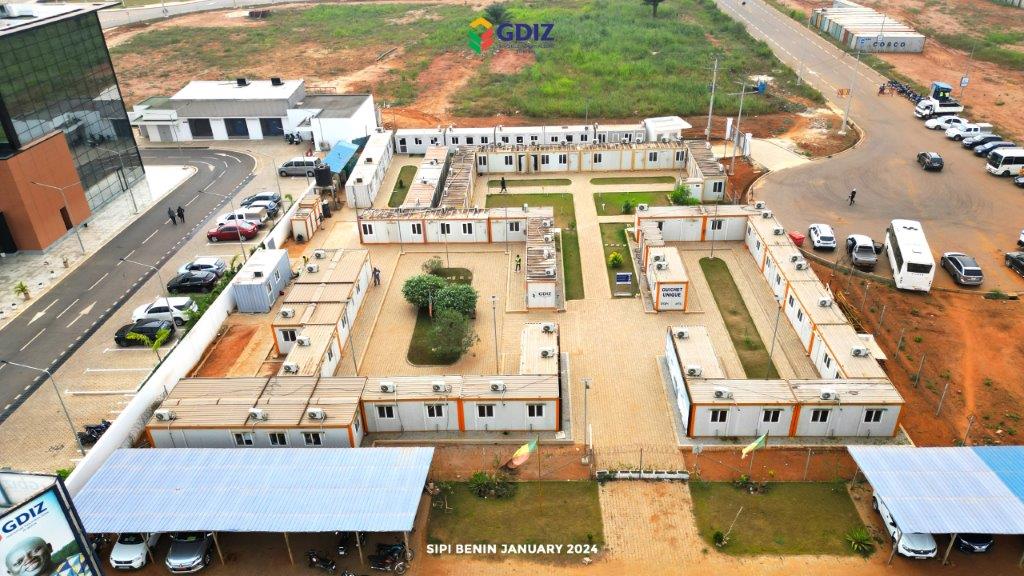
The Glo-Djigbé Industrial Zone (GDIZ) represents a cornerstone of Benin’s industrial transformation and a growing hub for West African economic development.
According to Létondji Behêton, Managing Director of the Société d’Investissement et de Promotion de l’Industrie (SIPI-BENIN SA), the zone has been designed to streamline and accelerate the establishment of businesses.
“The installation process is intended to be simple and quick,” Behêton explained. Investors must first submit an industrial project, which is assessed to determine the land allocation.
This is followed by signing a plot reservation contract, marking the formal commitment to establish operations in the zone.
The application for approval is then submitted to the relevant committee, and once approved, companies can immediately begin construction. On average, the time between initial contact and the start of operations is approximately one month.
Created in February 2020, the GDIZ covers 1,640 hectares and is the product of a partnership between the Republic of Benin and the ARISE group, a specialist in special economic zones.
The zone focuses on processing local raw materials such as cashew nuts, soybeans, and shea butter, alongside mineral resources.
It also aims to substitute imported goods, including medicines, oils, and clothing.
The zone offers a specific regulatory framework with substantial tax incentives, including total exemption from duties and taxes on imported equipment during installation, tax relief for 12 to 17 years, and freedom to repatriate capital and income.
Investors also benefit from comprehensive infrastructure: roads, electricity, gas, fiber optics, boreholes for water supply, and container and truck terminals.
Designated as a dry port, the GDIZ facilitates imports and exports through a one-stop shop housing 17 administrative entities, allowing all formalities to be completed on-site.
For Létondji Behêton, Benin is ready to support investors and stimulate job creation and wealth generation.
The GDIZ is poised to become a leading industrial hub, locally transforming resources while strengthening the country’s competitiveness in regional and international markets.



